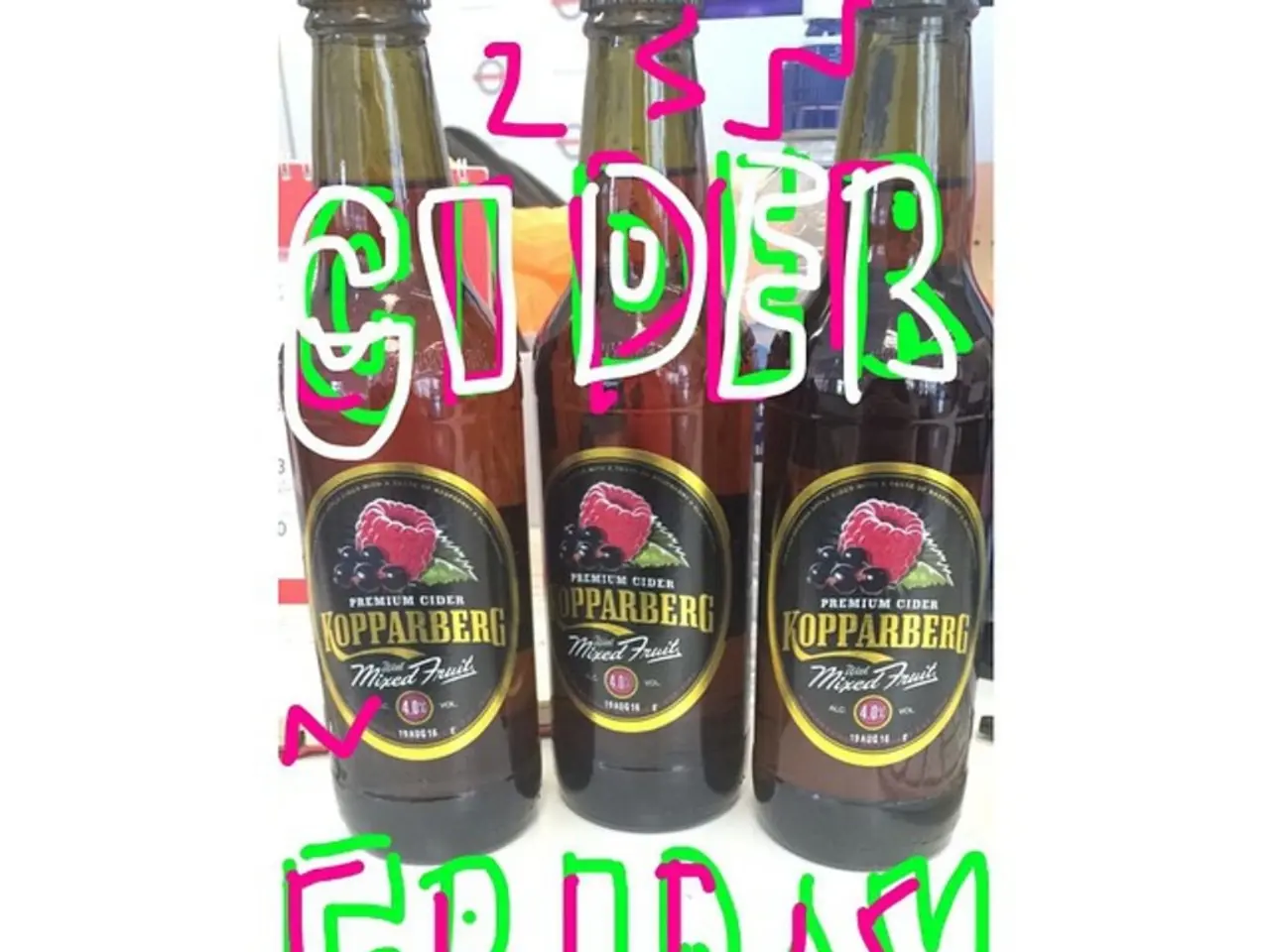Alcohol and its impact on Type 2 Diabetes
People with type 2 diabetes need to be mindful of their alcohol consumption, as it can have both positive and negative effects.
Moderate alcohol consumption might slightly improve insulin sensitivity and lower fasting insulin levels in some individuals, potentially offering a protective effect against type 2 diabetes onset. A standard drink, which includes 5 ounces of wine, one 12-ounce beer, 1.5 ounces of 80-proof spirits, or 8 ounces of malt liquor, should be consumed with caution.
However, heavy alcohol consumption has more clearly detrimental effects. It disrupts insulin signaling, induces insulin resistance, and stresses pancreatic beta cells, which can exacerbate type 2 diabetes progression. Alcohol can lower blood sugar by inhibiting the liver’s glucose release, especially dangerous if consumed on an empty stomach or with diabetes medications like insulin or metformin, increasing the risk of hypoglycemia for up to 24 hours after drinking.
High-carb alcoholic drinks, such as beer, sweet wines, cocktails with sugary mixers, can cause blood sugar spikes, complicating diabetes management. Long-term heavy alcohol use also risks liver damage, which can worsen diabetes control and limit medication options.
The American Diabetes Association (ADA) recommends that females with diabetes limit their consumption to one drink per day and males limit their consumption to two drinks per day. Individuals who wish to engage in moderate drinking should first discuss it with their doctor.
People with diabetes are advised not to drink alcohol if their blood sugar is already low. They should keep a closer watch on their blood sugar when drinking alcohol, as exercise, alcohol consumption, and blood sugar-lowering medication can increase the risk of hypoglycemia. Symptoms of hypoglycemia include drowsiness, slurred speech, confusion, and difficulty walking.
Heavy alcohol consumption increases the risk of heart disease, high blood pressure, nerve damage, and eye problems, all of which are complications of type 2 diabetes. It also promotes weight gain due to its caloric content.
In summary, while moderate alcohol might have some potential benefits on insulin sensitivity, the risks of blood sugar instability, insulin resistance, and organ damage rise sharply with heavy alcohol use, making it generally unsafe for people with type 2 diabetes to consume alcohol heavily. Careful monitoring, consultation with healthcare providers, and avoiding high-sugar alcoholic drinks are important precautions.
Consuming alcohol modifies blood sugar levels in individuals with type 2 diabetes, and it's crucial to practice moderation to mitigate potential risks. An example of responsible consumption is limiting daily drinks to one for females and two for males, as recommended by the American Diabetes Association (ADA). However, heavy alcohol consumption can incite insulin resistance, stress pancreatic cells, and lead to hypoglycemia, especially when combined with diabetes medications or if consumed on an empty stomach. High-carbohydrate alcoholic drinks, such as beer, sweet wines, or cocktails with sugary mixers, could exacerbate diabetes management by causing blood sugar spikes. Chronic heavy alcohol use may also result in liver damage, impacting diabetes control and limiting medication options. Furthermore, excess alcohol intake increases the risks of developing heart disease, high blood pressure, nerve damage, eye problems, and promoting weight gain, all of which are complications of type 2 diabetes.




